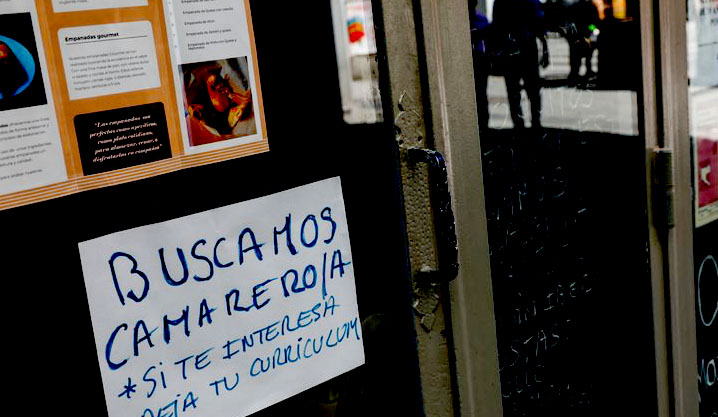You’re hired even if you don’t have any experience or a resume. Hotels compete for workers.

DOHA/LISBON/MADRID (Reuters) -Top European hotel chains are hiring people who don’t have experience or even a resume. This is because executives admit that years of underpaying workers have caught up with them, leaving them unable to meet travel demand after the pandemic.
When international travel stopped because of the COVID-19 pandemic, thousands of people left the hospitality business. Many people decided not to go back because they could get better-paying jobs elsewhere. This left hotel owners in a terrible situation.
In an interview with Reuters at the Qatar Economic Forum last month, Accor CEO Sebastien Bazin said that the company is trying out new ways to hire people who have never worked in the hotel industry before.
He said that Accor, which runs brands like Mercure, Ibis, and Fairmont in more than 110 countries, needs 35,000 people worldwide.
“We tried in Lyon and Bordeaux ten days ago, and this weekend we’re interviewing people with no resume and no previous work experience, and they get hired within 24 hours,” Bazin said.
In the short term, Accor is hiring young people and immigrants to fill roles in France while also cutting back on services.
Bazin said, “It’s students, people from North Africa.” “And basically, closing restaurants for lunch or only opening them five days a week. There’s nothing else to do.“
He said that the new hires get six hours of training and then learn on the job.
Staff shortages are particularly severe in Spain and Portugal, where tourism accounted for 13 and 15% of their economies prior to the pandemic, respectively.
There, hotel owners are giving their workers more money, free rooms, and perks like bonuses and health insurance.
“Many employees have decided to move to other industries, so we are starting an industry from scratch and have to fight for talent,” Gabriel Escarrer, CEO of Spanish hotelier Melia, told reporters in Madrid.
Due to a lack of rental housing near its resorts, his company recently offered housing, sometimes in hotel rooms, to get people to work there.
Smaller hotels have the same problems with staffing.
The operations director of Hotel Mundial, one of the most famous hotels in Lisbon, said that the hotel was looking for 59 new employees right now. He worries that some hotels won’t be able to take as many guests or offer as many services if they don’t have enough staff.
“We will have to cut services if we can’t find people to hire,” he said. “This is sad and shocking for a business that hasn’t made any money in the last two years.”
‘WE’VE BEEN BLIND‘
In Spain and Portugal, two of the most popular tourist destinations in Europe, the same thing is happening in bars, restaurants, and hotels: they are getting the bookings they’ve been hoping for, but at a price they can’t afford.
Jose Carlos Sacó, who is 52 years old, can only open his bar in Madrid, Tabanco de Jerez, on the weekends, when students who need extra money don’t have school and can work.
“We can’t open during the week because all of our workers are in school,” he said, pointing to the students who were setting up tables on a Saturday.
Mariveni Rodriguez, the owner of the Angosta Tavern in Madrid’s cool La Latina neighbourhood, hired people from other countries during the high season.
“We give migrants the chance to work because they don’t have family or institutions to help them,” she said.
National hospitality associations say that Spain’s food service industry needs at least 200,000 more workers and that Portugal’s hotels need at least 15,000 more workers to keep up with rising demand.
“The only way out is to charge more,” said Jose Luis Yzuel of the association for the catering services sector.
People are trying to get them to come back. Official data shows that in Spain, bars and restaurants raised their workers’ pay by nearly 60% in the first quarter compared to the same time last year. But workers in the tourism industry still make the least, about 1,150 euros ($1,200) per month.
According to a survey by the central bank and the National Institute of Statistics, wages for hospitality workers in neighbouring Portugal are expected to go up by 7 percent this year. However, the average wage in the sector is already 881 euros per month, which is more than the minimum wage of 705 euros.
Bazin said that when hotels are only 60 or 70 percent full, they can get by with fewer staff, but when they’re all full, things will get tough.
“My problem is that I know we’ll be full from the beginning of July to the end of August. How can I serve everyone?” he said.
Bazin said that in the past, the industry hasn’t paid people enough or put enough effort into training them.
He said, “Half of it is that we’ve been blind, we haven’t been paying attention to a lot of people, and we may have underpaid some people for too long.” “So it should wake you up.”
($1 = 0.9610 euros)





